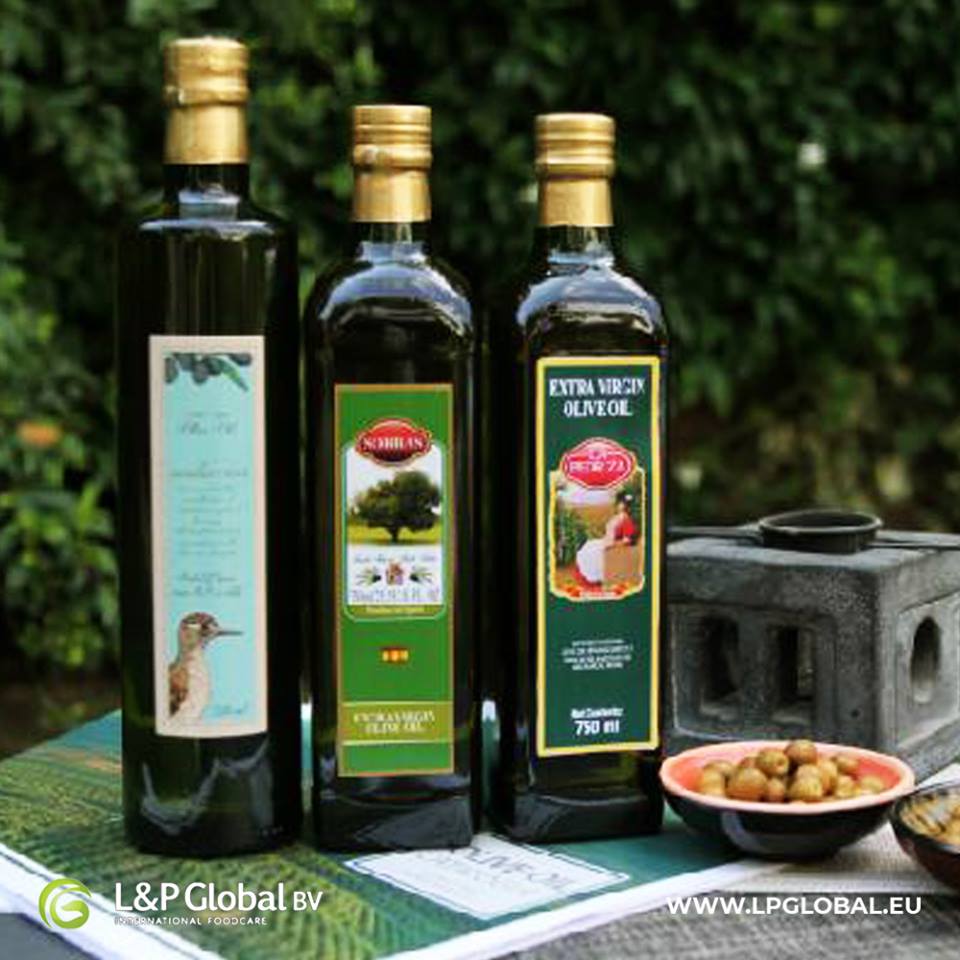Aceite de Oliva vs. Aceita de Oliva Virgen Extra
Frankly, there is a minimal yet profound difference between regular aceite de oliva (olive oil) and the virgen extra (extra virgin) variety. The comparable difference can be evident in the taste, smell, and physical appearance.

Aceite de Oliva Uses
Olive oil is commonly used in cooking, baking, dips, and garnishes. The reason why it is commonly used in cooking in high temperatures is because of its nutritional value consisting of a significant amount of fat-soluble vitamin E, low saturated fat content, and polyphenol antioxidants.
Olive oil vs. Extra Virgin Olive oil
There is an array of choices to choose from when shopping for olive oil. Some labels would show light olive oil, pure olive oil, cold-press olive oil, and extra-virgin oil (or aceite de oliva virgen extra). This would sometimes trigger decision fatigue among shoppers yet what they are unaware of is the fact that extra virgin olive oil is simply cold-pressed olive oil.
During the initial extraction of olives, there simply wasn’t a trace of heat, hence, the label. Also, because of the cold-press process, this type of oil retained its flavour and aroma. Extra virgin olive oil, therefore, makes a good option to use for garnishes, dips, and salads and is considered as the highest quality oil among its adversary.
Pure olive oil, on the other hand, is 95% mixture of processed olive oil and 5% mixture of extra virgin olive oil. This is typically priced lower than extra virgin olive oil, making it the best alternative to use in cooking and baking when the recipe requires more than a drizzle of olive oil.
The cheapest option, however, is light olive oil. It can be used in baking and cooking to cater to taste preferences that dislike the typically strong ‘olive taste’. The light taste is because of the mixture consisting of canola and olive oil.
Which One Should You Buy?
Considering the factors: health benefits, taste preference, and price, which one should you buy?

After learning those factors, consider which one to take a priority. Most people would buy based on price, but half of the majority would also choose to dwell on its health benefits. Without the nutritional stripped from processed olive oil, extra virgin olive oil could replace other fats in your diet with monosaturated fatty acids and can lower risk of heart disease and bad cholesterol in the bloodstream.
Flavour-wise, extra virgin olive oil is also ahead of the game. A good and fresh bottle of olive oil should taste a little fruity, bitter, and a little pungent. Conversely, an exceptional and quality Aceite de Oliva should taste like biting into an olive.
Comments